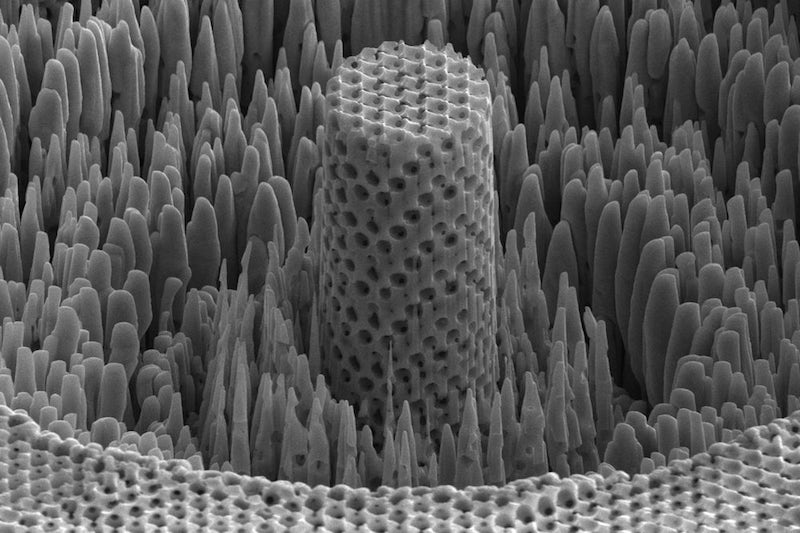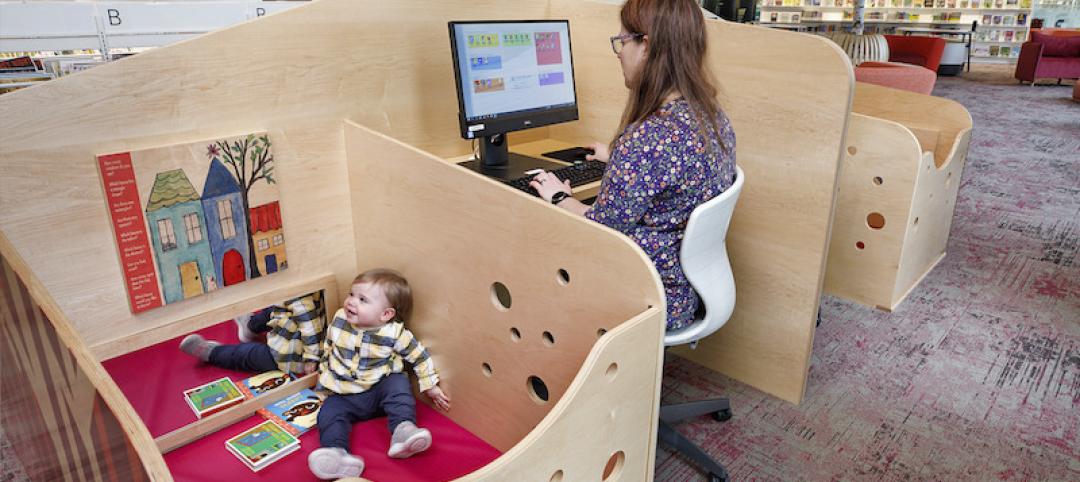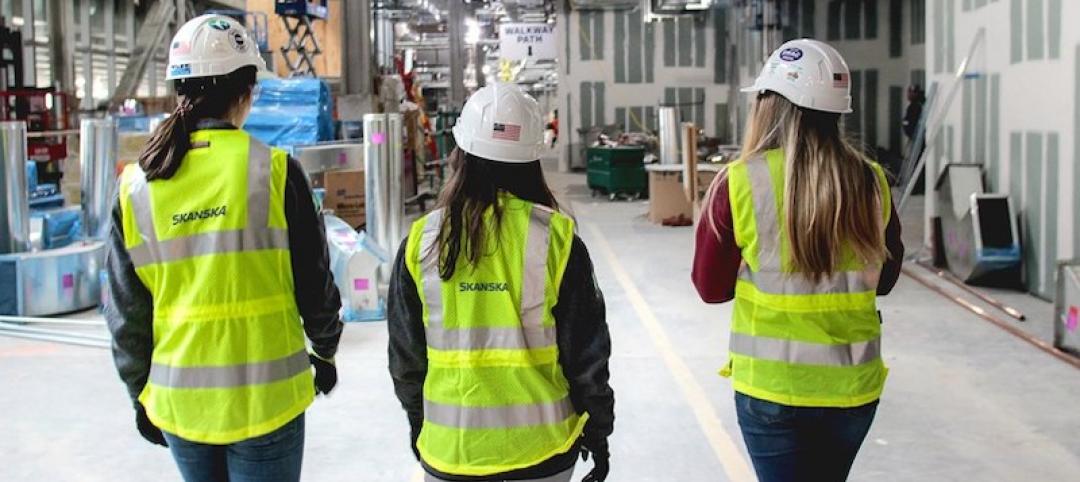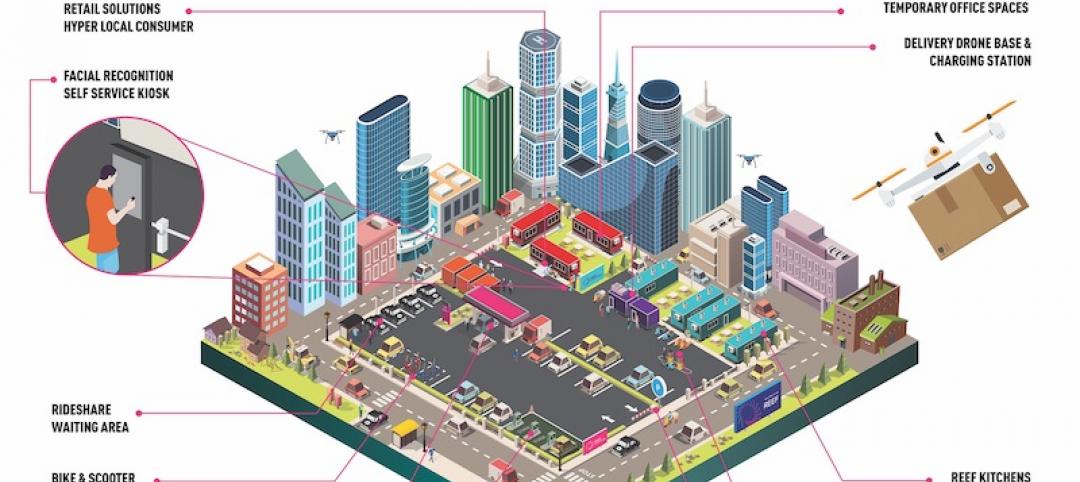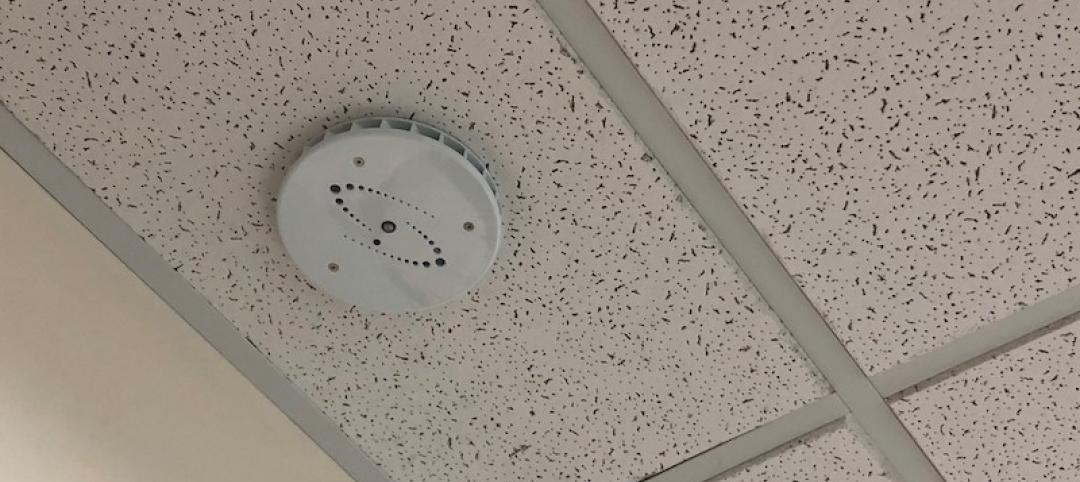Wood has been used as a building material for structures, tools, and weapons for hundreds of thousands of years. And while it is a natural resource, wood has undergone many changes as a material from its earliest uses in primitive weapons.
Engineered products like OSB expanded applications for wood in all types of construction. Cross-laminated timber took wood to new heights. Now, the next evolution of wood can be seen on the scientific horizon.
A group of researchers from Columbia University has created “digital wood” through the use of 3D-printing, while another group of researchers from several universities—including the University of Pennsylvania and Turkey’s Middle East Technical University—have created “metallic wood.”
See Also: An apiary for the sanctuary
In a study published by the researchers from Columbia University (bit.ly/2WKMFye), they explain how multicolor 3D printing is typically used for external color textures wrapped around a monomaterial core. What they have done, however, is 3D print a substance that, both internally and externally, resembles real wood.
The process included using a CNC mill to slice and image olive wood samples at 27-micrometer intervals. A total of 230 images were taken and then prepared for manufacturing on a voxel-capable 3D printer using a stochastic dithering algorithm. The resulting resin block printed from the machine resembled the original wooden block in both its external appearance and its internal color pattern.
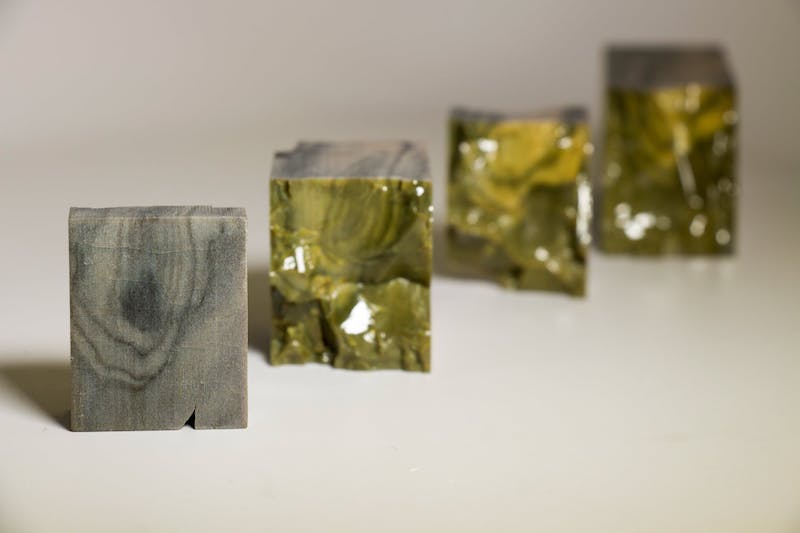 Courtesy Columbia University.
Courtesy Columbia University.
More importantly than just replicating olive wood, the researchers say the workflow can be used in the digital replication of objects with complex internal patterns that are currently impossible to manufacture.
In a separate study, researchers created “metallic wood” that is not so much concerned with the look of wood, but with its density and cellular nature. Like the digital wood, metallic wood isn’t really wood at all. It is actually a nano-structured cellular material based on electroplated nickel, which has the strength of titanium, the density of water, and the porous cellular nature of natural materials like wood. This means the material is as strong as titanium, but four to five times lighter.
The improved strength comes from size-dependent strengthening of load-bearing nickel struts whose diameter is as small as 17 nanometers and whose strength is as high as eight gigapascals.

The process for creating the metallic wood starts with tiny plastic spheres, only a few hundred nanometers in diameter, suspended in water. The water is then slowly evaporated, which causes the spheres to settle and stack like cannonballs. The researchers then use electroplating to infiltrate the plastic spheres with nickel. The plastic is then dissolved with a solvent, leaving behind an open network of metallic struts that can be combined with other functional coatings.
Similar to wood, metallic wood has some areas that are thick and dense with the metal struts, while other areas are porous with air gaps. In fact, about 70% of metallic wood is empty space. These pores could be infused with other materials, such as anode materials, that would allow the metallic wood to be, say, a plane wing that also doubles as a battery.
Related Stories
Great Solutions | Apr 13, 2020
Family workstations highlight the new Fairfield Area Library
The workstations are the perfect remedy for squirming, restless children and toddlers.
Great Solutions | Feb 5, 2020
Power moves: The Shed
Precise positioning of mechanicals above its lighting keeps New York’s kinetic event space, The Shed, running.
Great Solutions | Dec 18, 2019
Robot uprising
Thyssenkrupp’s robotics interface platform helps robots use elevators like humans.
Great Solutions | Nov 12, 2019
Skanska designs personal protective equipment tailor-made for the female workforce
A safety vest is the first piece of equipment to undergo an update.
Great Solutions | Oct 3, 2019
REEF Technology wants to turn parking facilities into urban mobility hubs
The company currently operates 4,500 parking lots in 25 markets across North America.
Great Solutions | Aug 30, 2019
An ‘Internet of Beings’? Kinetic flooring promises more than just energy generation
Pavegen says its technology delivers a new level of human engagement in sustainability initiatives.
Great Solutions | Aug 7, 2019
Earthquake response system takes the guesswork out of seismic safety
The platform provides real-time monitoring to help avoid unnecessary evacuations and improve emergency response.
Great Solutions | Jul 12, 2019
Smart sensor maintains privacy, enhances safety in sensitive spaces
The HALO IOT sensor is designed for use in places where cameras are not welcome.
Great Solutions | Apr 9, 2019
Raising the roof is cool again
Upbrella allows for floor-by-floor building construction that is, reportedly, safer and more productive than traditional methods.
Sustainability | Feb 20, 2019
Studio NAB’s Superfarm project creates an entire ecosystem in an urban environment
The Superfarm will go beyond what vertical farms typically produce.


